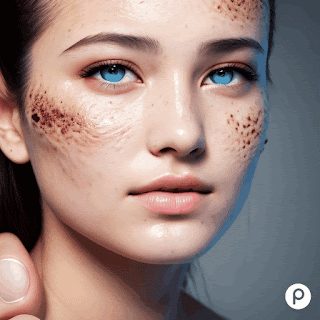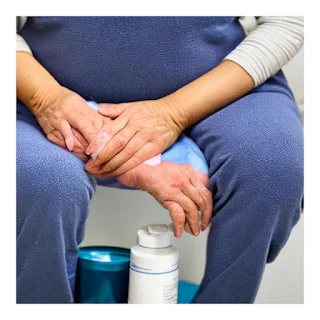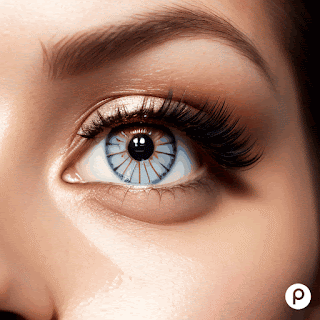Gentle Skincare Routine for Breastfeeding Moms with Dry Skin

As a breastfeeding mom, hormonal changes often lead to skin concerns like dryness and dark circles. This dermatologist-approved routine focuses on hydration and safety for both mom and baby.
Morning Skincare Routine
- Gentle Cleanser: Use a sulfate-free formula with glycerin or ceramides (like CeraVe Hydrating Cleanser) to maintain moisture.
- Hydrating Toner: Apply alcohol-free toner with hyaluronic acid (Try: Klairs Supple Preparation) for added hydration.
- Vitamin C Serum: Use L-ascorbic acid serums (15-20%) in the morning to brighten dark circles (Paula's Choice C15 Super Booster works well).
- Moisturizer: Look for ceramides and squalane (First Aid Beauty Ultra Repair Cream is nursing-safe).
- Sunscreen: Mineral sunscreens with zinc oxide (like EltaMD UV Clear) are safest while breastfeeding.
Nighttime Skincare Routine
- Double Cleanse: Start with micellar water followed by cream cleanser.
- Eye Treatment: Caffeine-based creams (The Ordinary Caffeine Solution) reduce puffiness.
- Hydrating Serum: Hyaluronic acid serums (Neutrogena Hydro Boost) plump skin.
- Night Cream: Shea butter-based formulas (Eucerin Advanced Repair) provide overnight hydration.
Weekly Treatments
- Exfoliation: Lactic acid (Sunday Riley Good Genes) 1-2x weekly
- Masks: Hydrating sheet masks with aloe vera (Mediheal N.M.F Aquaring Ampoule Mask)
Additional Nursing-Safe Skin Tips
- Drink 3L water daily (helps milk production and skin hydration)
- Omega-3 supplements (consult your doctor first)
- Cool tea bags (chamomile or green tea) for puffy eyes










.jpg)







